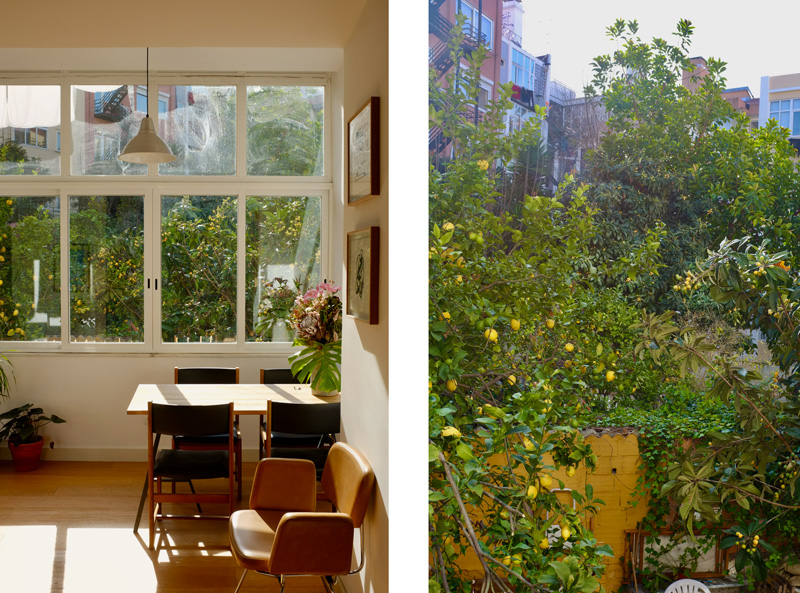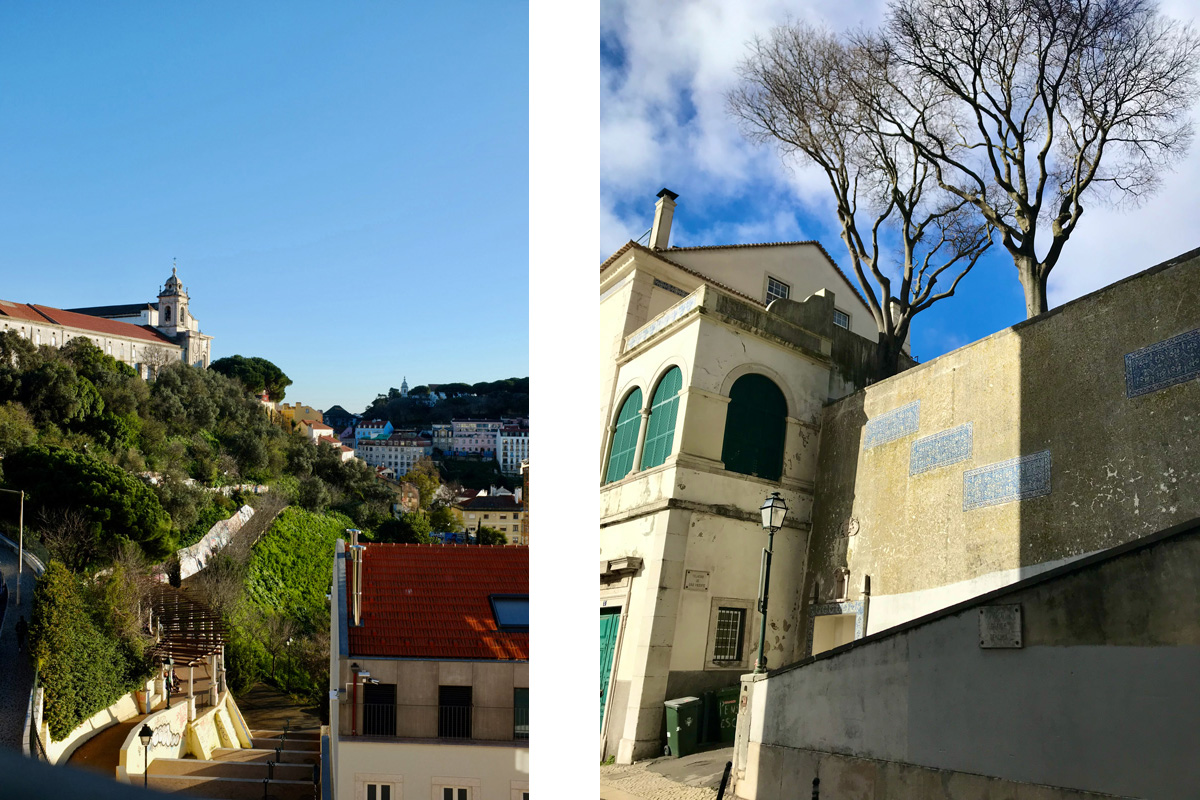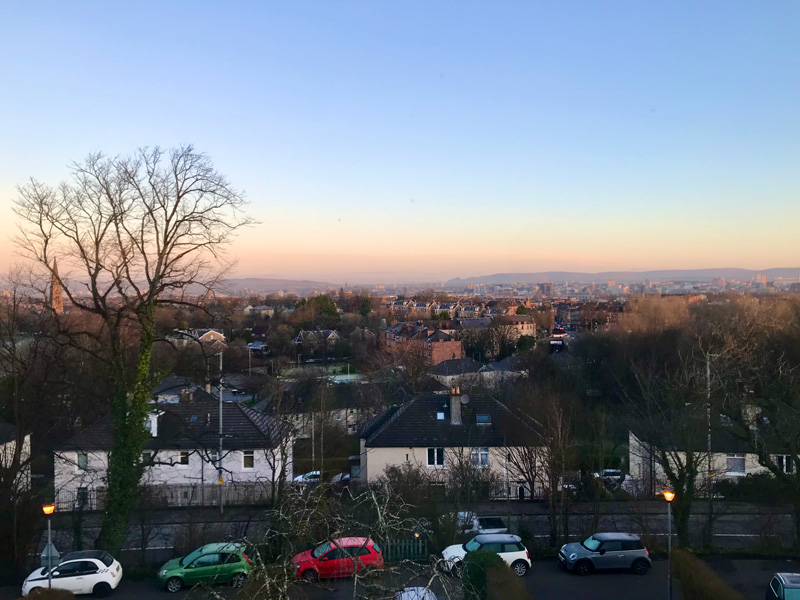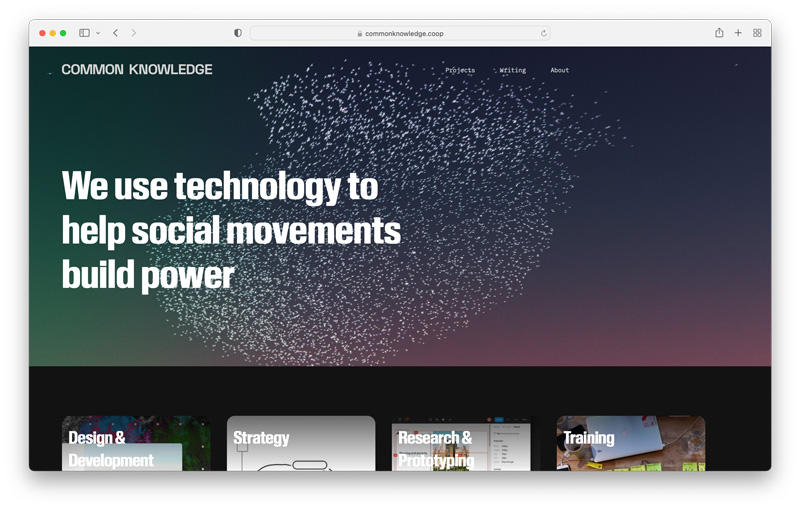This year feels so full already and it’s only March. All the energy I would have usually spent on writing has been going towards moving country and relaunching the Common Knowledge website. Things are starting to feel a bit more settled this month though.

Living in Anjos
How and I moved into our new (rental) apartment in Anjos, Lisbon at the start of this month. I’m completely in love with it. The main space is a semi-open plan living/kitchen/dining/sunroom with huge south-facing windows. We look out onto the internal gardens of the entire block, filled with figs, lemon and orange trees. One of the trees in our garden has small yellow fruits that the birds seem to love. I’ve never seen this particular fruit before — the owners told us what it was called in Portuguese but I immediately forgot.
I’m really enjoying the weather here already. It’s only March and we can have the windows wide open. We want to plant some vegetables and herbs in our garden soon, while it’s still spring. We have a lot to learn about growing vegetables in this climate instead of in the UK.
We’re enjoying exploring the city too. It’s small enough (well, compared to London) that you can walk most places (if you love walking like I do). Our area has many community spaces, cooperatives and associations — it feels like there is a really strong community here. We’ve found a good sourdough bakery (Terra Pão) not too far from us in the Mercado de Arroios. I already have a favourite neighbourhood wine bar (Bom Bom Bom), clothing store (Somewhere a Process) and cafe (Malabarista).

Moving country is a lot of effort and because I’m quite impatient I want to get all the bureaucracy over with as soon as I can. But it’s only possible to work at it slowly, one step at a time. Finding somewhere to live was one of the biggest steps and I’m so grateful it worked out as well as it did.
Now it’s lots of smaller things and working out which order to do them in: getting a Portuguese mobile number and bank account, finding an accountant, working out how to remain employed by the co-op but living in a different country, shipping our stuff over from the UK. We also have to get an appointment with immigration to sort out H’s residency card. Apparently it’s almost impossible to book an appointment, but you can’t just turn up to the office and wait either.
Visiting Glasgow
I spent a few weeks in Glasgow at the end of February, staying with my wonderful friends Dan & Lizzie of Rectangle.

Three days of this was for a Common Knowledge team retreat, our first since September 2021. We worked from the Project Space at Agile City’s Civic House, which was perfect for what we needed. They have a canteen that makes the most delicious vegan food inspired by Pakistani flavours.
It was so valuable for all of us to spend time together in person. I love the freedom that working remotely gives us, but there isn’t anything that can fully replace being in the same room together, sharing food, going for walks, talking about life outside of work. We hope to do a retreat like this every six months at least, maybe even every quarter if we can somehow manage it.
The co-op feels like it’s in a really healthy place at the moment. It’s still challenging but it feels like the projects we’re working on at the moment are what we’re meant to be doing and we’re learning a lot in the process.
There are seven of us now! Having new people join feels slightly nerve-racking and makes everything feel more serious. But it’s worth it to have new people contributing and shaping the co-op in their own way. I’m reminded of Dan Taeyong’s advice on growing a co-op like you’d grow a garden:
If you make a cooperative, you have to know that you can’t design them; you can only grow them, like plants. If you grow one and you do it with other people, then everyone will undoubtedly have ideas about what the best way to grow it is. In my experience, there have been a lot of times where I’ve been like, “I think this is right,” and things haven’t gone my way. And in the end, that’s turned out okay.
When you trust in other people, really incredible and unexpected things can happen. Usually, it’s things where you’re like, “Oh, I didn’t even think of doing that,” or, “Oh, I don’t think that will work out well,” but it actually does. Part of trusting other people might involve letting go of certain images you have of what the outcome should look like. If you can do this, then things can flourish in a really healthy way—like a healthy garden with a lot of different plants growing around each other.

We managed to launch our new website! I’m really proud that we managed to make the time for it, mostly thanks to Anna C’s hard work — she built it as the final project of her apprenticeship. Documenting work from the past three or so years is extremely time-consuming though, so the content is still fairly unfinished.
It’s designed so we can collect projects into thematic pages that give a bit more of a narrative overview to the work we’ve done. This idea is that this will allow us to highlight the connections and overarching themes between multiple projects, rather than presenting in-depth case studies of each individual project.
I really like this section of the About page on our shared vision. It felt good to articulate what we’re working towards.
We imagine diverse communities rooted in care and reciprocity working together to achieve ecological and social justice. A just, abundant future where people have the tools and confidence to effectively organise themselves; where it’s easy to unionise, start a food co-op or organise a protest. Cooperatively-run workplaces and platforms powered by lightweight, convivial technologies rooted in an ethos of maintenance and care. A resilient global network of local communities with the power to make decisions over their own lives. A world where we’ve learned to live in equilibrium with our environment and in kinship with other humans and more-than-humans.
Reading / listening / watching
I really enjoyed this Screen Walk with Everest Pipkin where they wander through Wikipedia while talking about collective memory on the internet.
I’ve been gradually working my way through the Crafting with Ursula podcast series. I particularly loved the episode with Molly Gloss (On Writing the Clean, Clear Line) and of course Kim Stanley-Robinson (On Ambiguous Utopias).
I’m discovering and rediscovering so much of Le Guin’s work through each interview. I rewatched The Worlds of Ursula K Le Guin documentary and reread The Carrier Bag Theory of Fiction. Here’s an excerpt from the short piece Deep in Admiration:
Changing our minds is going to be a big change. To use the world well, to be able to stop wasting it and our time in it, we need to relearn our being in it. Skill in living awareness of belonging to the world, delight in being part of the world, always tends to involve knowing our kinship as animals with animals. Darwin first gave that knowledge a scientific basis. And now, both poets and scientists are extending the rational aspect of our sense of relationship to creatures without nervous systems and nonliving beings—our fellowship as creatures with other creatures, things with other things. Relationship among all things appears to be complex and reciprocal—always at least two-way, back and forth. It seems that nothing is single in this universe, and nothing goes one way.
I started listening to the Doomer Optimism podcast. This episode on degrowth, solarpunk and anarchism encapsulates my political orientation pretty accurately.
Some species of slime molds fruit simultaneously in the Southern and Northern hemispheres, but no one knows why. (Read this in Creatures That Don’t Conform on Emergence Magazine.)
I just finished reading the “potluck book” Natural Enemies of Books: A Messy History of Women in Printing and Typography. I love the idea of a messy history, which recognises that histories are never entirely exhaustive or accurate, and represents the stories of collectives as well as individuals.
I’m going to be talking at the Faculty of Fine Arts at the University of Lisbon tomorrow. The event is called The Designer As… and Ruben Pater will be speaking too. Feeling excited (if a little nervous) about doing a talk in person instead of online.